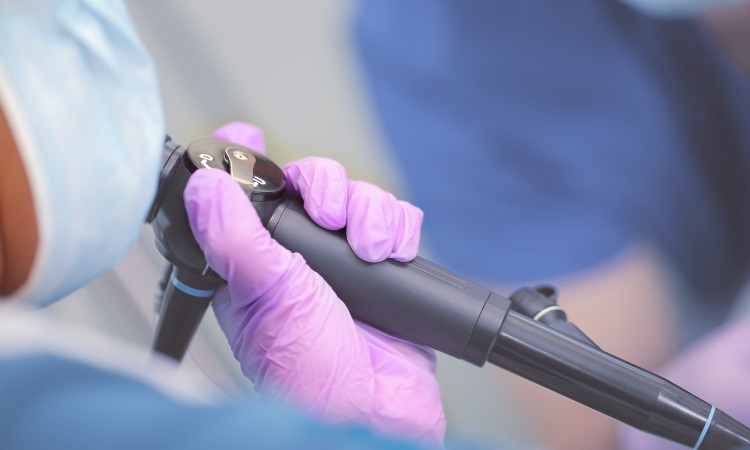When many people hear a cancer diagnosis, they think of chemotherapy and radiation treatments. Immunotherapy, the most innovative field of cancer research, lacks the toxic side effects of other treatments. For many cancers, immunotherapy has become a valuable tool that trains the body to fight cancer cells.
What is Immunotherapy?
Immunotherapy is a cancer treatment that harnesses your immune system to target cancer cells. Your immune system normally finds and destroys cells that behave abnormally, but cancer can rapidly grow and change. Immunotherapy helps your immune system become more effective at targeting these cancer cells.




